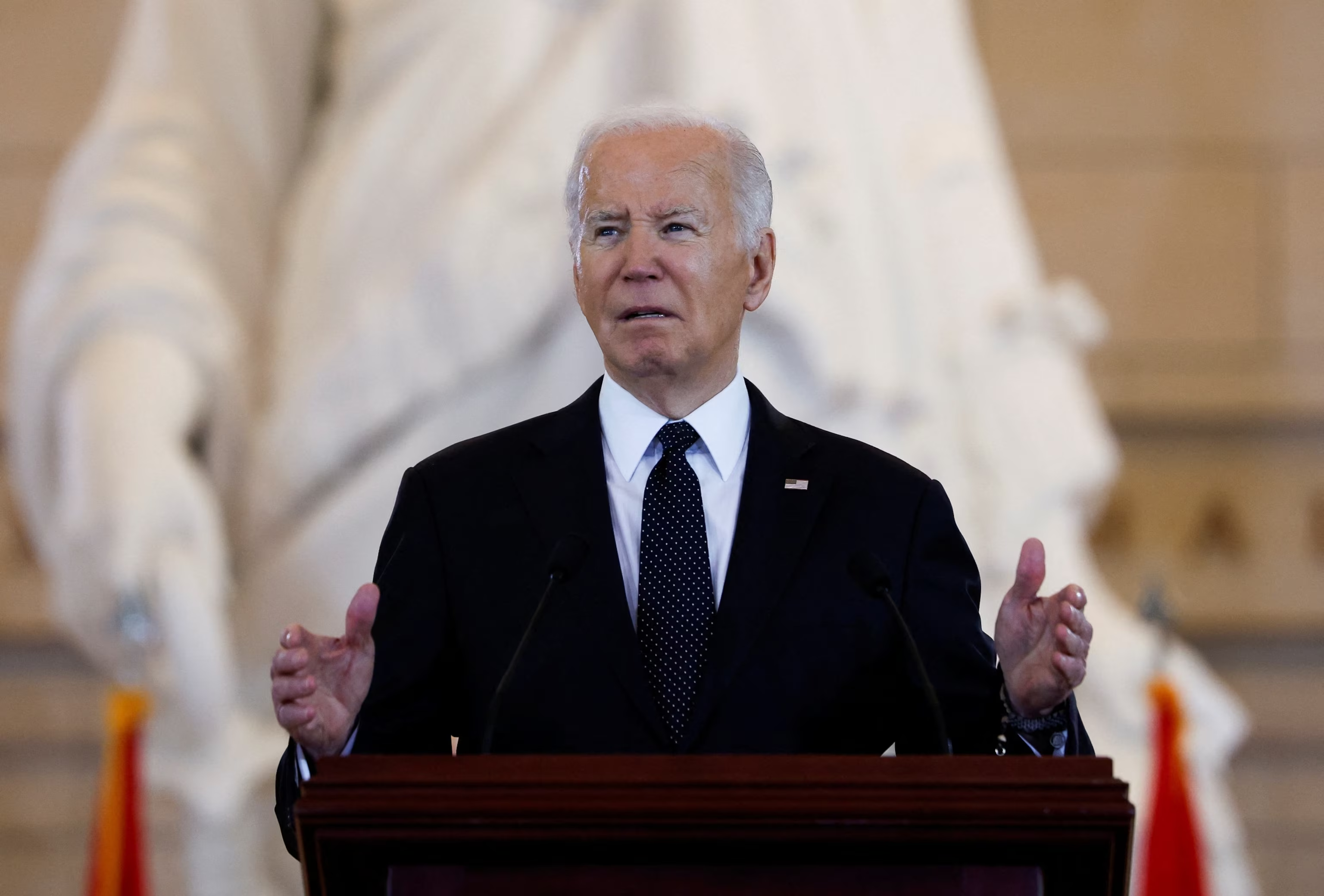June 1933 supplement from the Financial Times has surfaced anew, illuminating the publication’s endorsement of Benito Mussolini in an article titled “The Renaissance of Italy: Fascism’s Gift of Order and Progress.”
As reported by the Financial Times on Wednesday, January 24, 2024, this rediscovered piece offers a glimpse into the historical context of the era, examining the economic and political landscape under Mussolini’s rule.
During that period, the Financial Times’ special correspondent painted a positive portrayal of Italy under Mussolini, emphasizing efficient transportation, a thriving investment climate, and seemingly harmonious relations between capital and labor.
The correspondent went so far as to propose that Italy had been “remodelled, rather than remade, under the vigorous architecture” of the then-Prime Minister, Signor Mussolini.
This revelation has stirred interest and debate among historians, scholars, and readers, prompting questions about the media’s role during politically charged times and the interplay between journalism and political power.
The 1933 article presents a nuanced perspective on Fascist Italy, offering insights into how some international observers perceived Mussolini’s regime during its early years.
The Financial Times, a reputable financial publication, was not alone in its approach, as numerous media outlets of the time grappled with reporting on the rise of fascism in Europe.
Critics argue that such positive portrayals in the media may have contributed to a distorted understanding of the true nature of Mussolini’s regime, downplaying authoritarian elements and human rights abuses that later defined his rule.
On the contrary, advocates posit that it is essential to consider the historical context, as the world was contending with economic challenges, and Mussolini was initially seen by some as a stabilizing force in Italy.
This discovery prompts reflections on the responsibility of media organizations to provide objective and accurate reporting, even in challenging political climates.
The role of journalism in shaping public opinion and historical narratives becomes particularly significant as media outlets navigate the delicate balance between informing the public and avoiding becoming a tool for propaganda.
As societies continue to grapple with the consequences of historical events, this revelation serves as a reminder of the importance of critical media literacy and the need for journalists to uphold ethical standards, regardless of the political climate.
In response to the rediscovery, the Financial Times issued a statement acknowledging the historical context of the 1933 article while reaffirming its commitment to impartial and rigorous journalism.
The publication emphasized the importance of learning from history and maintaining a vigilant approach to reporting, especially in times of political upheaval.
This unexpected journey into the archives of the Financial Times opens a window into the complexities of reporting on political movements, showcasing how perspectives can evolve over time.
As discussions unfold around this revelation, it serves as an opportunity for introspection within the media industry and among readers about the influence of journalism on collective memory and historical understanding.










